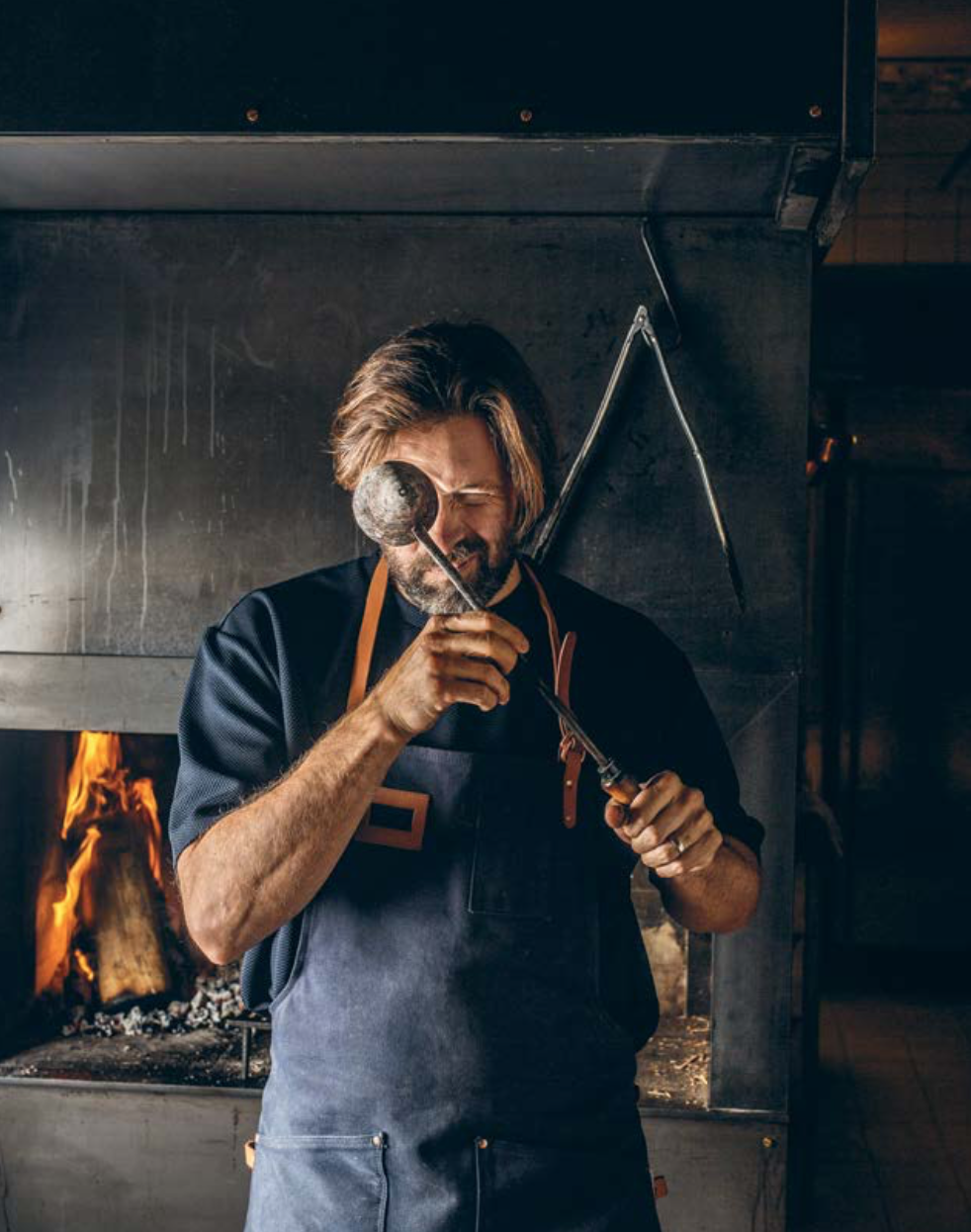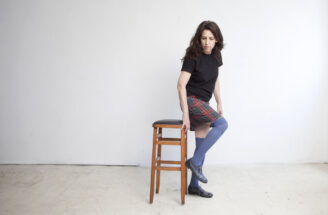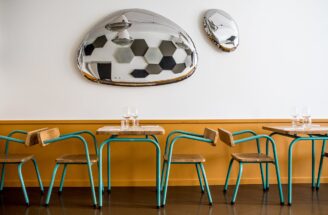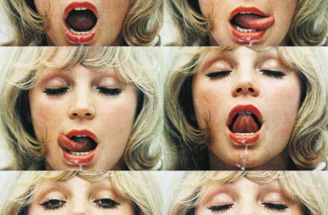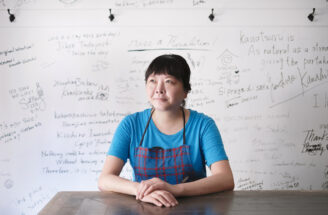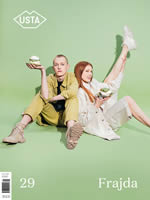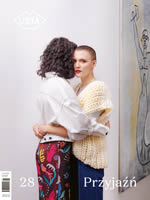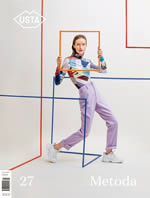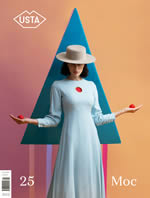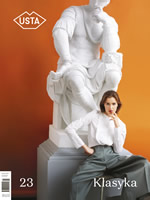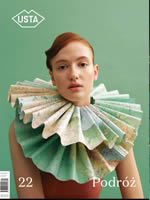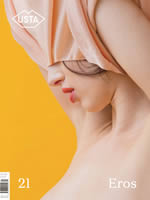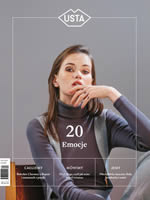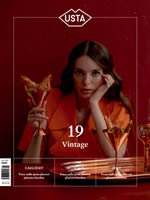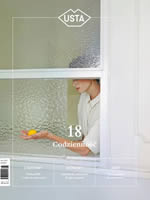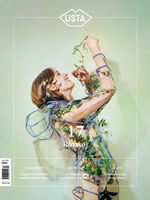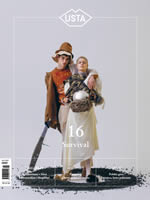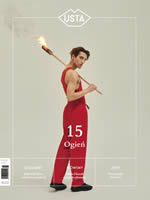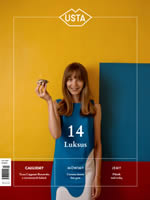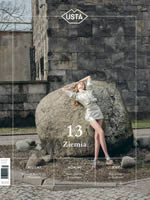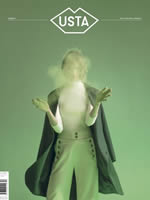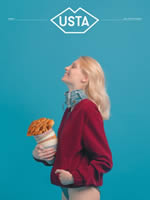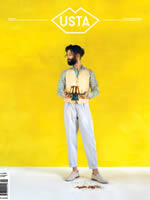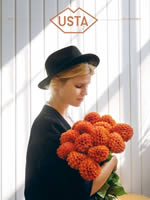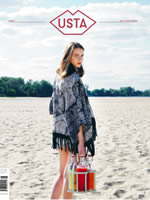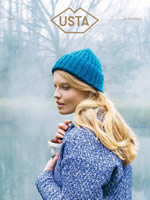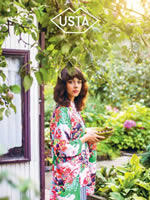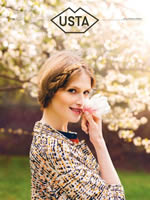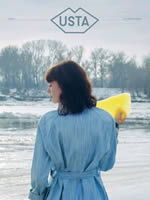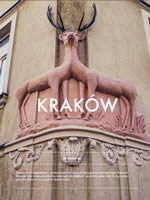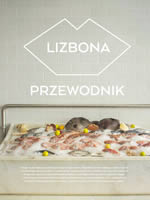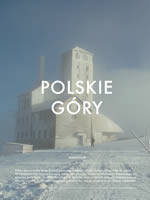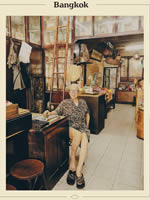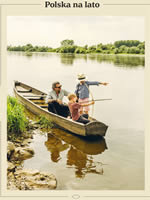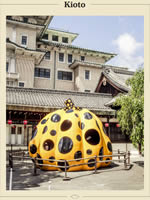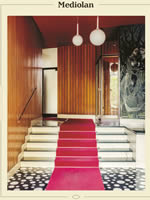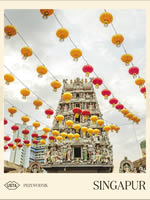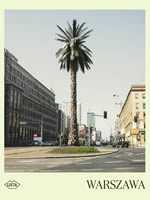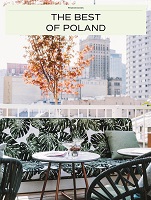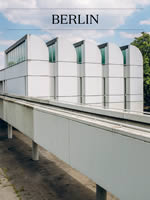When we enter his restaurant he greets us with a cheerful: “Cześć, jak się macie?!”. He explains that he knows a couple of words in Polish because his father had been working in Poland for almost ten years, so Niklas often visited our country in the 1980’s and 1990’s. He was even snowboarding in the Tatra mountains and did kayaking in the Polish mountain rivers.
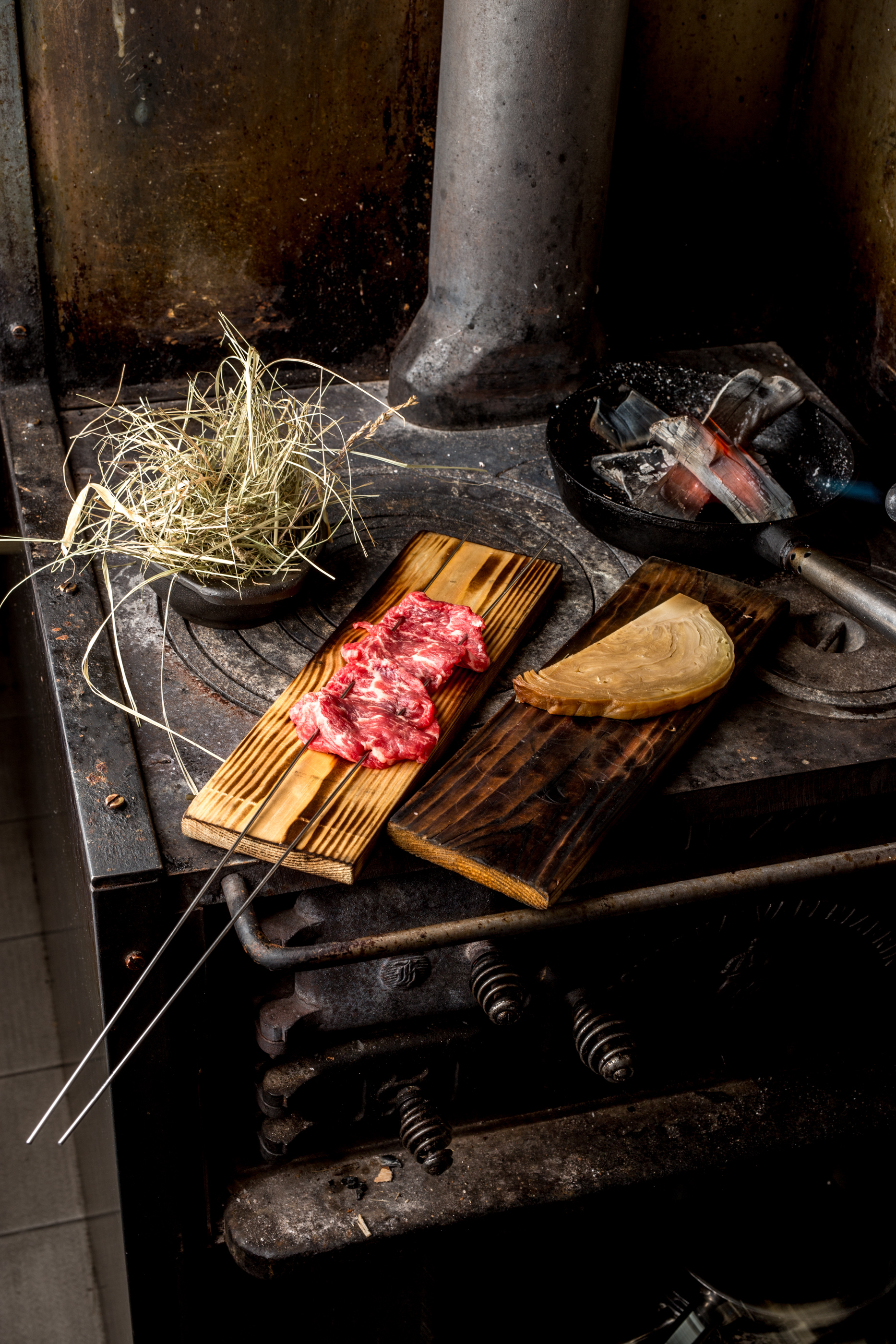
So, shall we talk in Polish?
I’m afraid I’m not that good (laughs). But my father speaks Polish! In the 1980’s he had established a kayak factory near Nowy Sącz and he had been running it with his business partner for years. We used to come to Poland often, especially to the south of Poland. I love Krakow, I hope I will be able to go there soon and show some places to my kids.
The 1980’s was a tough time in Poland. What do you remember from those visits?
Indeed, it didn’t look all that bright. Especially, in comparison to Sweden. But I remember very open, warm and hard-working people. And of course, empty shelves in shops, we had to bring basic products with us from Sweden. But there was also this fierce power to regain freedom. People were brave. And finally, these dramatic changes have come to your country. It must have been amazing. At that time, I was just a kid, who loved snowboarding.
Then you changed snow and board for fire and kitchen, how did that happen?
I was living with my family in the north of Sweden in Järpen. When I was 15, they decided to move to the south to Skåne. And I didn’t want to leave so I decided I need to find a boarding school so that I can stay in the north. It turned out there is only one such school in Järpen – a cooking school. I was very determined so I signed up. Aat that time I was very nasty, I preferred hanging out with friends, snowboarding and drinking beer rather than learning.
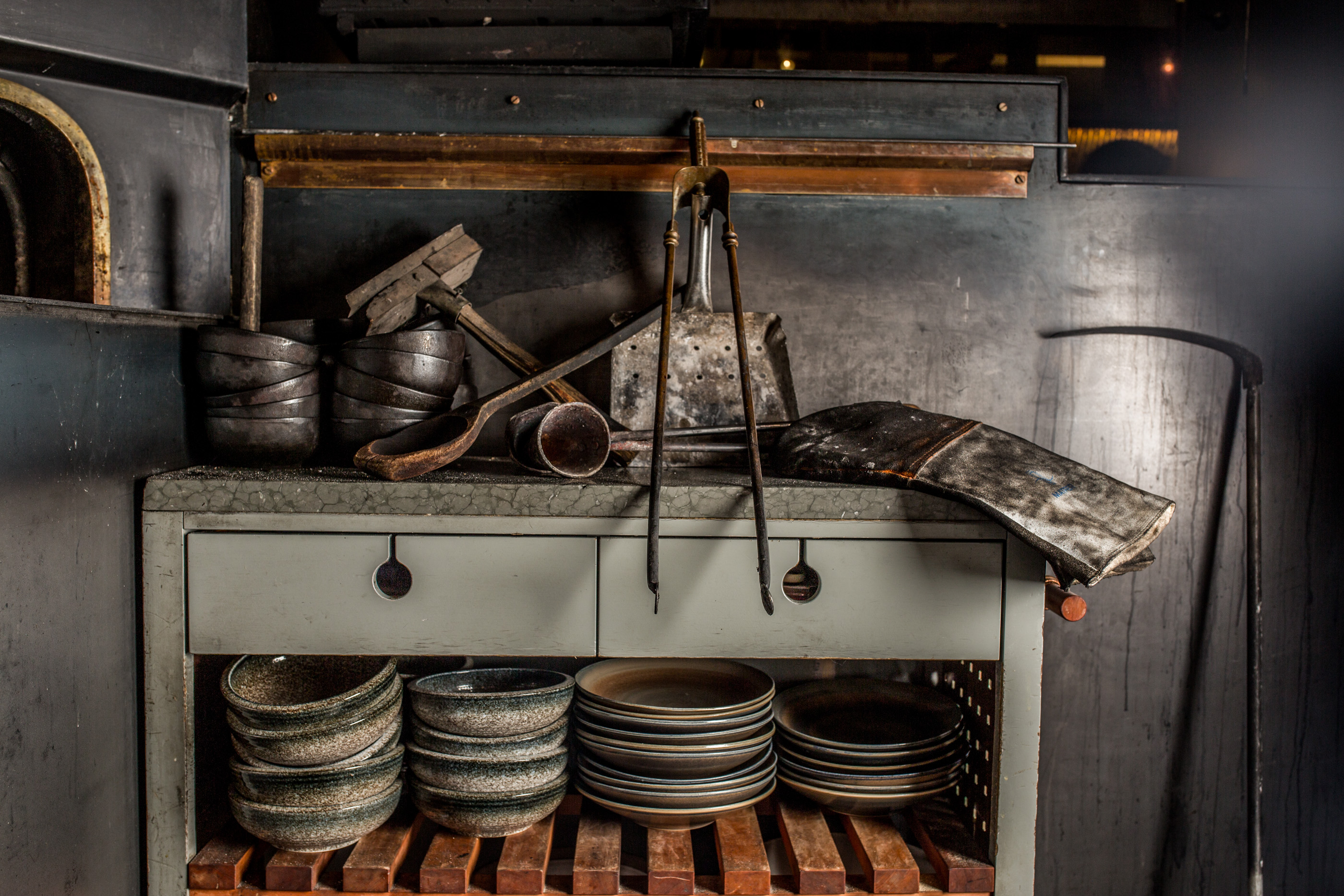
Party boy!
Something like that. I loved snowboarding and in the south, I would have no place to shred. I didn’t like to learn so I thought that in a culinary school I wouldn’t have to work a lot and at least I would learn to cook.
And then you would be able to have even better parties.
Yes! Cooking at school went pretty well, as for other subjects, I’d rather not tell. My parents had the school calling about me skipping classes, being lazy and not learning. But in my second year, one of the teachers, a chef, called and this time there were no complaints, only praises. My parents nearly fell off their chairs. They had no idea what was happening, they thought that they were on some hidden camera show. But it was no joke and my teacher wanted to tell them that I have a talent that should be developed. I think that it was at that time that my father felt a true connection with me for the first time. He was an interior designer and he worked with many restaurants. He turned to his many contacts and started to arrange traineeships in the best restaurants for me.
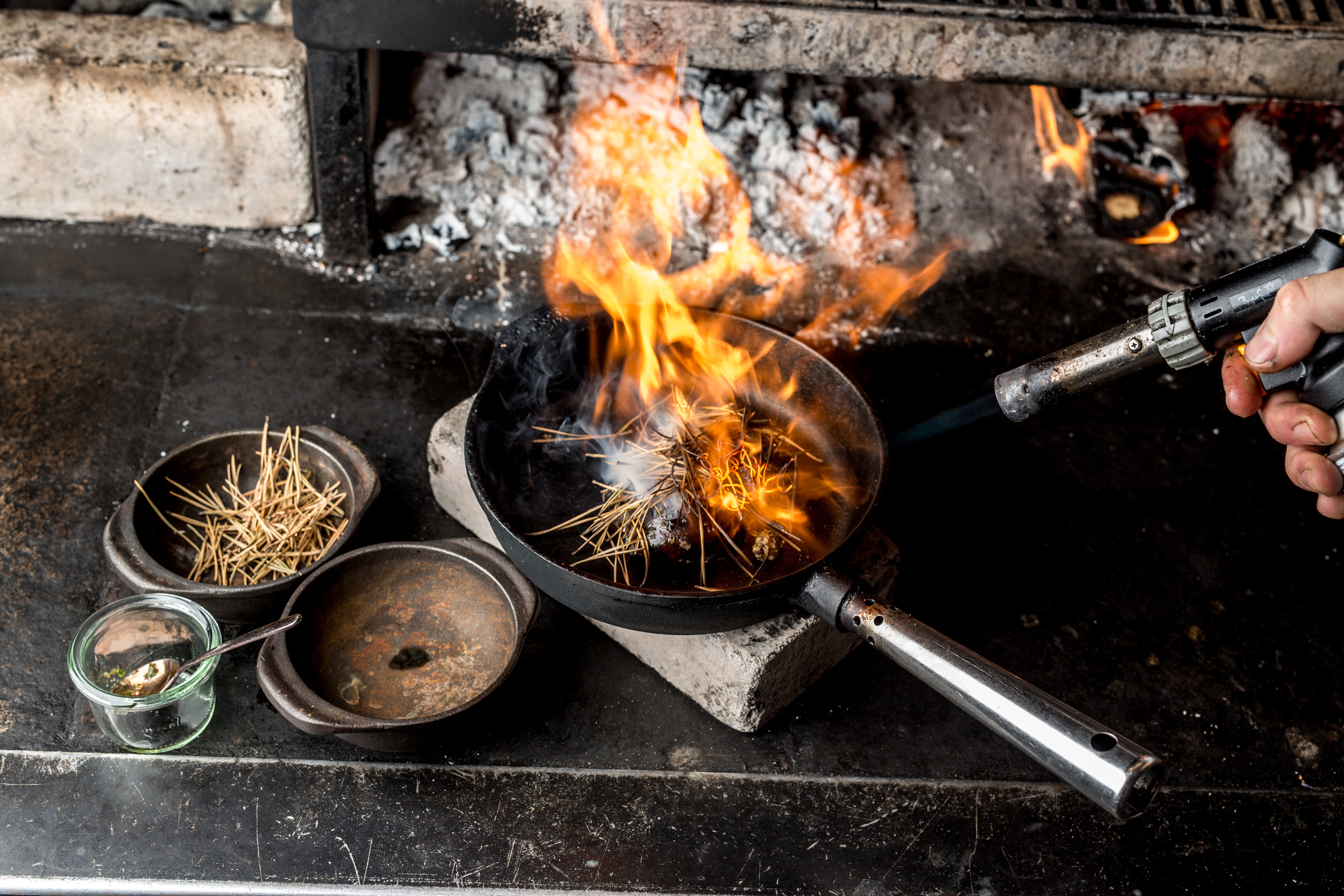
This is how you managed to work at El Bulli, French Laundry or Fat Duck before turning 20?
Exactly. And most importantly, cooking became a link between me and my father. He wasn’t riding snowboard and he lived far away, and so with cooking, we finally had our common ground. At that time everyone in the world was excited about the book “White Heat” by Marco Pierre White, he became a rock star in his white chef’s apron. Another type of chef – Paul Bocuse also became very popular. It was shortly before Gordon Ramsay.
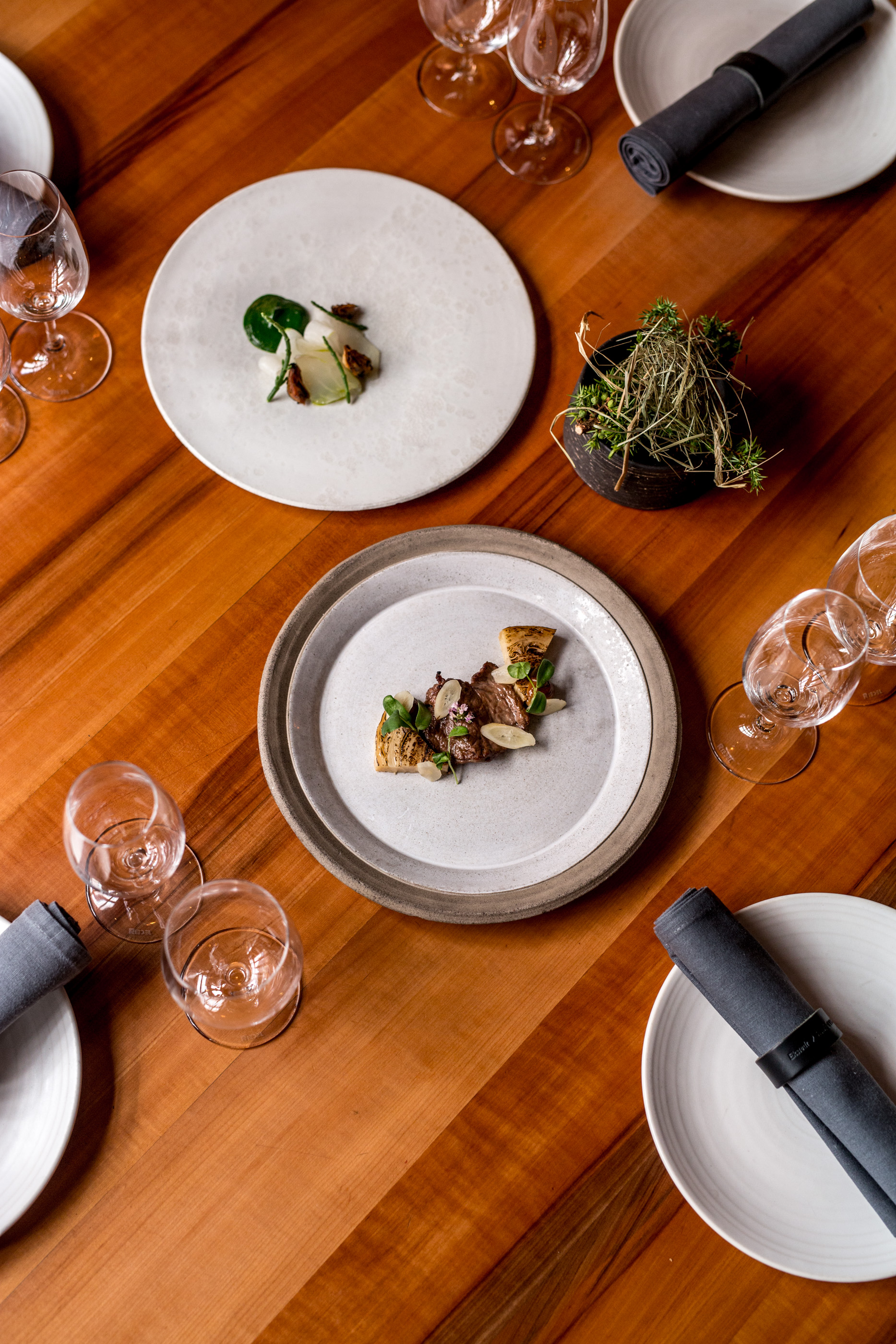
It was the time of superstar chefs.
For teenagers, they were all like role models to follow. Actually, they must have been perceived like that by the entire generation of cooks, who were beginning in the mid-1990’s. They were very important characters. When I returned from my traineeships abroad my parents helped me buy an old café in Helsingborg, where they lived. I opened a restaurant and I called it Niklas…
[….]
The rest of the interview is available in the print version of the USTA Magazine available here.
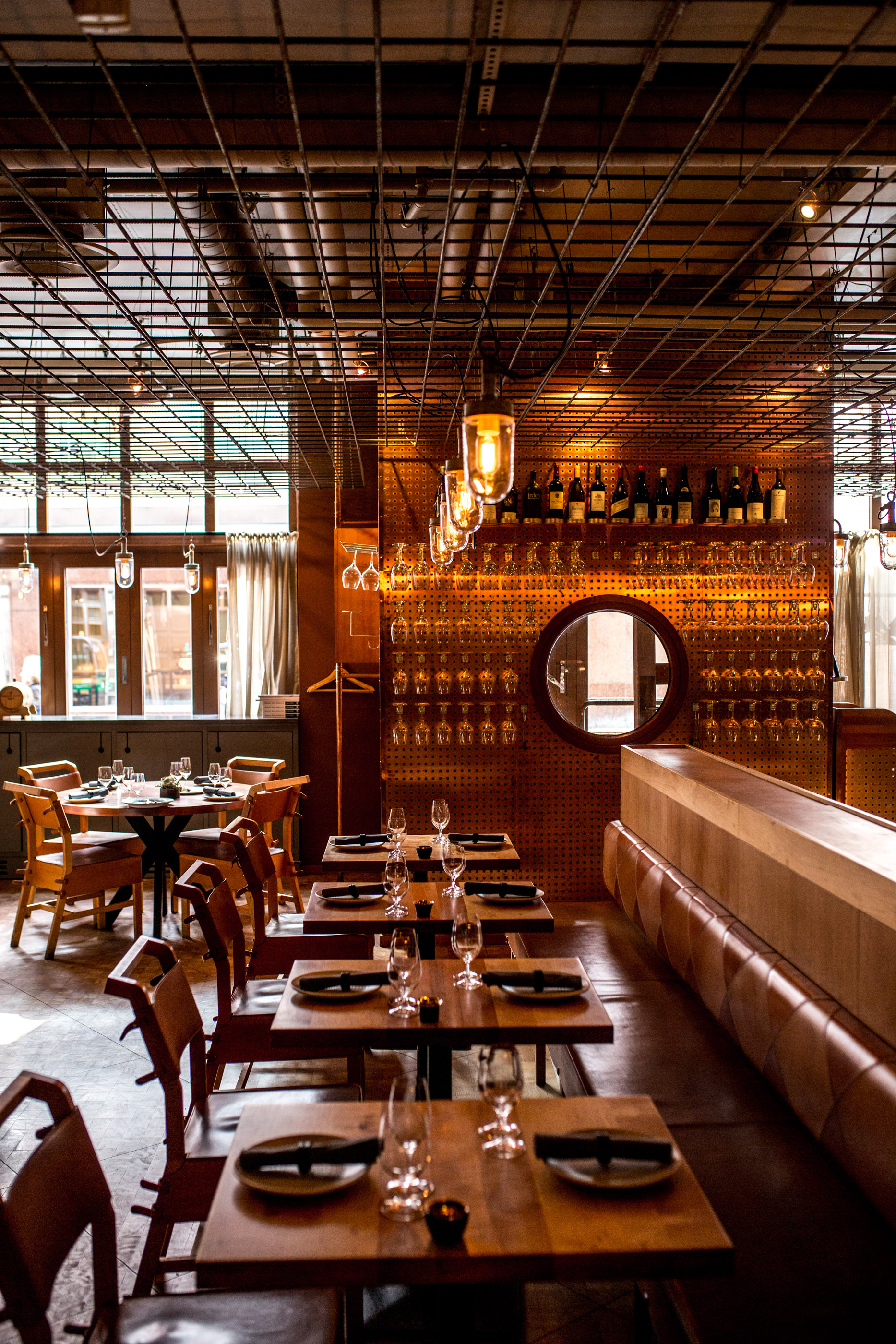
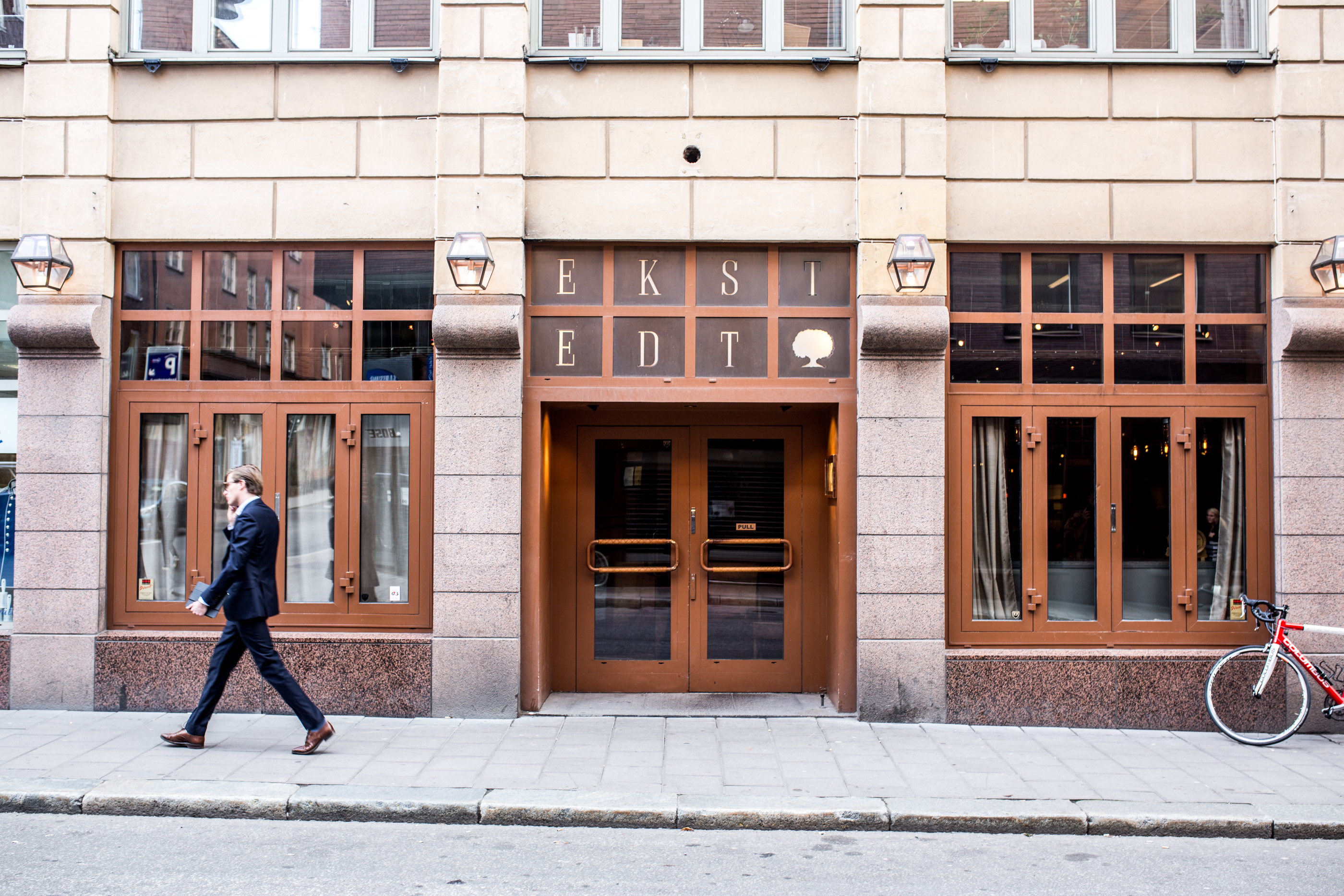
THE ICEMAN DANCES
